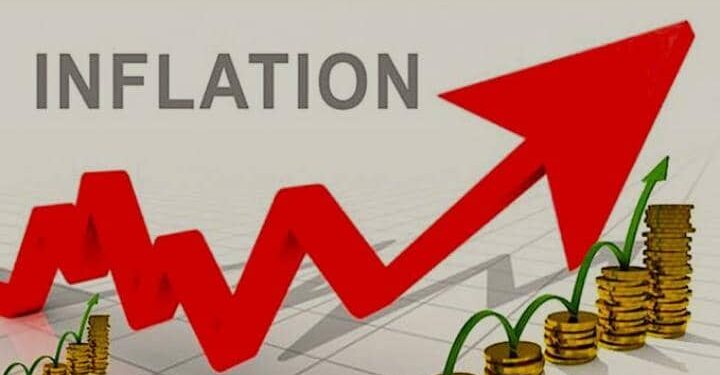In anticipation of the Bureau of Statistics’ results for the July 2024 inflation rate, analysts predict a decrease. Recent trends have shown a steady rise in inflation in Nigeria, with the last reported rate standing at 34.19%.
Experts attribute this expected decline to the federal government’s 150-day exemption on import duties for food items and the recent stability of the Naira. This would mark the first drop in inflation in a considerable period.
Last year’s devaluation of the Naira led to a sharp increase in inflation around mid-year. This high year-on-year inflation index from last year is expected to influence this year’s figures, with a deceleration anticipated for July.
Tobi Ehinmosan, macroeconomic and fixed income analyst at FBNQuest Merchant Bank, stated, “While the overall inflation rate may decline, month-on-month inflation could still rise due to ongoing price pressures, including security and distribution issues with agricultural products, high petrol prices, transportation costs, and the Naira’s depreciation in July.”
Ehinmosan emphasized that continued inflation decline will require further policy reforms from the government to manage consumer prices effectively. He highlighted that the import duty exemption is expected to positively impact food prices.
He also noted several persistent drivers of inflation, including infrastructure deficits, distribution challenges, exchange rate depreciation, elevated energy costs, and increased electricity tariffs.





















































